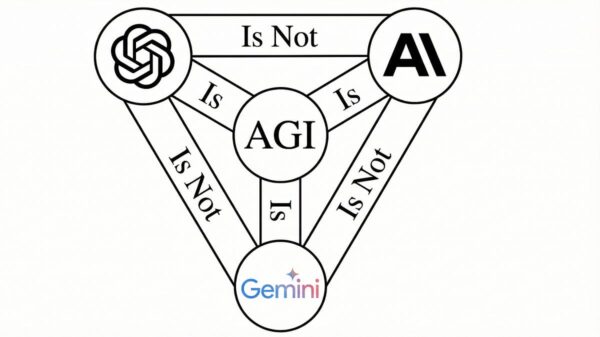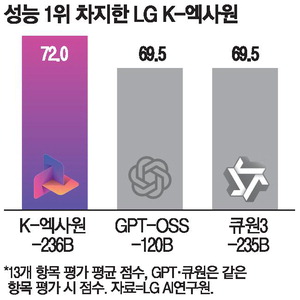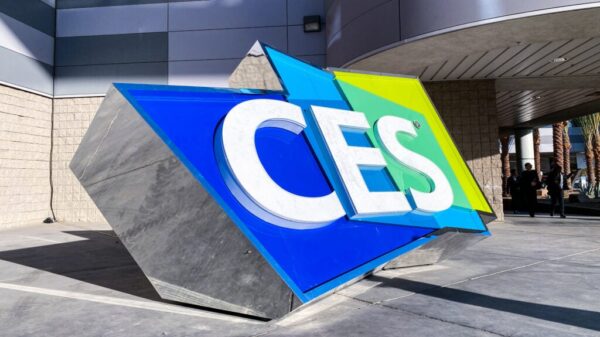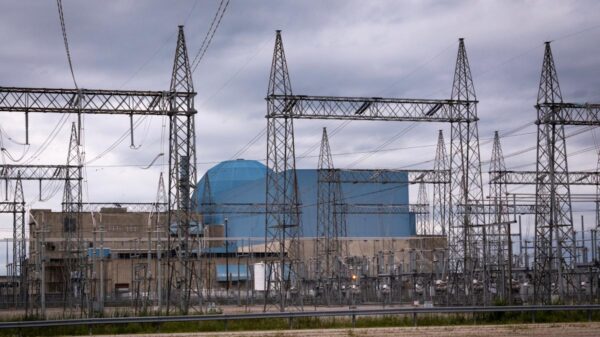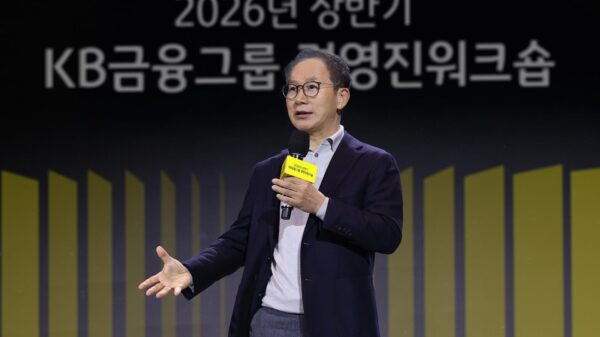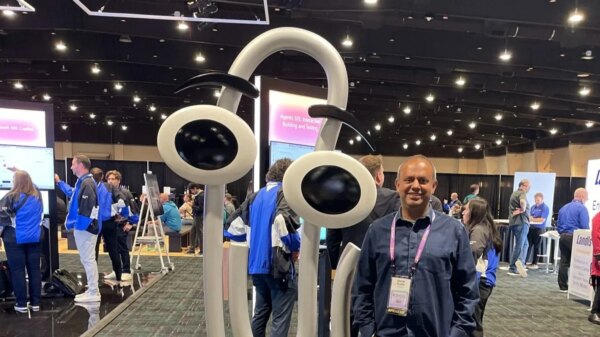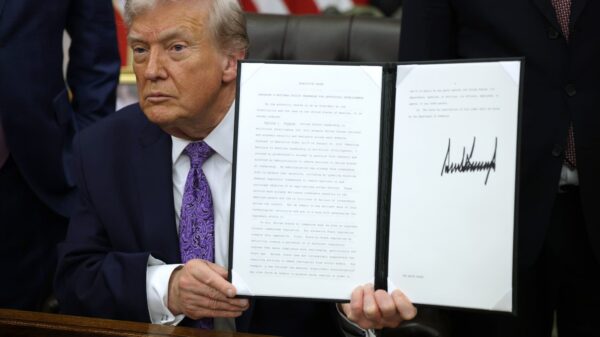(Nov 25) : President Donald Trump signed an executive order establishing the “Genesis Mission,” a federal initiative aimed at significantly enhancing innovation through artificial intelligence. This development represents a critical step by the administration to not only promote the adoption of AI technology but also to streamline the research landscape across various government agencies.
The Genesis Mission is designed to facilitate better coordination among federal research initiatives and to effectively integrate AI tools, thereby enabling accelerated scientific breakthroughs. In statements to reporters, Michael Kratsios, the director of the White House Office of Science and Technology Policy, emphasized the importance of this alignment in achieving significant advancements in scientific research.
Collaborative Framework and Resource Utilization
A notable feature of this initiative is its reliance on the substantial computing resources available at the Department of Energy’s national laboratories. These facilities will play a pivotal role in accessing expansive federal datasets and enabling a range of experimental applications utilizing AI technologies. Kratsios projected that harnessing these resources would shorten the timelines for major scientific discoveries, making it easier to translate theoretical research into practical applications.
The initiative will also forge partnerships with key players in the private sector, including Nvidia Corp., Dell Technologies Inc., Hewlett Packard Enterprise (HPE), and Advanced Micro Devices Inc.. These collaborations are expected to bolster supercomputing capabilities at national labs, enhancing their ability to conduct complex AI-driven experiments. A senior administration official noted that these partnerships could serve as models for future collaborations aimed at advancing AI infrastructure.
The mission is set to target advancements primarily in the fields of materials engineering, health sciences, and energy. Officials underscored that these innovation gains are not merely academic; they are also strategically aligned with the administration’s economic agenda, which includes addressing public concerns related to production costs and energy prices.
Implications for Energy Efficiency and Costs
However, the ambitious vision of the Genesis Mission raises important concerns related to energy consumption. The intensive computational demands of AI development often lead to the proliferation of energy-hungry data centers, which has prompted apprehensions about further strain on the US electric grid. In response, Energy Secretary Chris Wright highlighted that one of the mission’s ultimate goals is to enhance energy efficiency within the electrical grid and to mitigate rising electricity costs. Wright asserted, “We’re going to stop the rise of price of energy. First, it’ll plateau, and ultimately will push downward pressure on the prices of electricity.”
The Genesis initiative was initially previewed by Carl Coe, Chief of Staff at the Department of Energy, who compared its significance to major historical scientific endeavors, such as the space race and the Manhattan Project. Kratsios amplified this sentiment by describing the mission as the largest mobilization of federal scientific resources since the Apollo program, which successfully landed humans on the moon.
Strategic Context and Future Directions
This executive order is a continuation of President Trump’s commitment to prioritizing AI development as a national imperative. The administration has positioned itself in the context of a global race for AI supremacy, particularly against nations like China. Through a series of executive orders, the administration has sought to reduce regulatory burdens, paving the way for companies to build AI infrastructure and power the associated data centers, while also facilitating access to essential hardware and software.
Furthermore, Trump has advocated for a unified federal regulatory framework for AI, seeking to preempt state-level regulations that could hinder the growth of the sector. An upcoming executive order aims to empower the Department of Justice to challenge state regulations that it deems unconstitutional concerning AI technologies.
In summary, the Genesis Mission represents an ambitious and multifaceted approach to fostering innovation in artificial intelligence through enhanced collaboration between federal agencies and the private sector. As the initiative unfolds, it will be critical to monitor its impact on scientific research timelines, energy efficiency, and the overall competitive landscape of AI technologies.
 AI Set to Eliminate 3M Low-Skilled UK Jobs by 2035, Says NFER Report
AI Set to Eliminate 3M Low-Skilled UK Jobs by 2035, Says NFER Report Zyphra Reveals ZAYA1 AI Model Trained on AMD MI300X, Enhancing Competitive Edge
Zyphra Reveals ZAYA1 AI Model Trained on AMD MI300X, Enhancing Competitive Edge AI Model Uncovers First Imaging Biomarker for Chronic Stress Using CT Scans
AI Model Uncovers First Imaging Biomarker for Chronic Stress Using CT Scans U of T Study Reveals AI Generates Narrow Body Ideals, Missing Diversity and Inclusion
U of T Study Reveals AI Generates Narrow Body Ideals, Missing Diversity and Inclusion Yushau Shuaib Reveals 75% AI Adoption in Nigeria’s Crisis Communication at CCC Symposium
Yushau Shuaib Reveals 75% AI Adoption in Nigeria’s Crisis Communication at CCC Symposium







